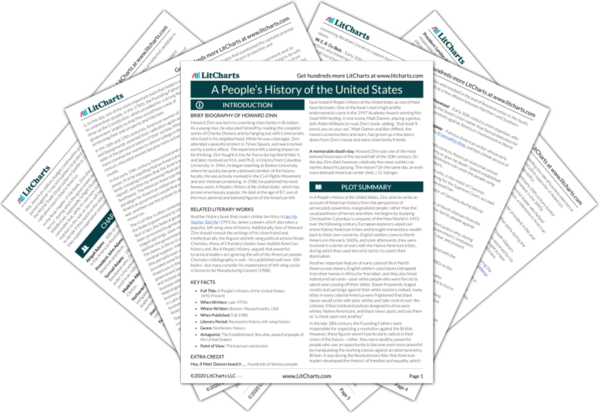Previous
Anarchism
|
Previous
Anarchism
|
Socialism Term Analysis |
Next
Communism
|
The great problem would be to work out a way of accomplishing this without a centralized bureaucracy, using not the incentives of prison and punishment, but those incentives of cooperation which spring from natural human desires, which in the past have been used by the state in times of war, but also by social movements that gave hints of how people might behave in different conditions. Decisions would be made by small groups of people in their workplaces, their neighborhoods—a network of cooperatives, in communication with one another, a neighborly socialism avoiding the class hierarchies of capitalism and the harsh dictatorships that have taken the name "socialist."
